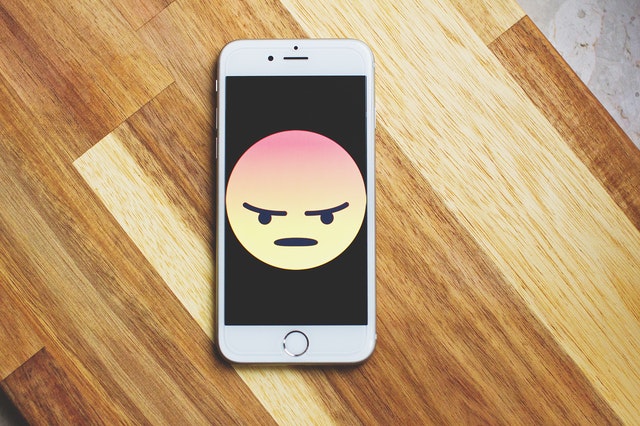by Melinda D. Maryniuk, MEd, RD, CDE
Do any of these situations sound familiar?
- As you prepare to take a bite of dessert, your sister asks, “Are you sure you should be eating that?”
- Your husband reminds you before every meal to check your blood sugar… to a point where you feel on the verge of throwing your meter out the window.
- Your friend orders you a diet soda for you at the restaurant without even asking you what you’d like to drink.
- Your neighbor keeps sharing stories of how worried she is about your diabetes because she heard of someone with diabetes who… fill in the blank – lost their vision, lost a toe, had kidney problems, etc!)
If you have type 2 diabetes, it may seem that you’re not the only one monitoring your diabetes. You may have the Diabetes Police watching (and commenting) on your every move. The Diabetes Police are those folks in your life who believe they know best about your diabetes. They are often those who love you the most and are trying to be helpful – but end up being more hurtful.
Sure, they mean well. But it can be exasperating to have someone second-guess your choices – or not even allow you to make a choice!. How should you respond? Here are a few suggestions to help you make peace with the Diabetes Police.
Educate others.
For family and friends you will be seeing often, you may want to find a time to sit down and explain that you have support from your doctor (or diabetes care and education specialist) and that you’re controlling your diabetes the best you can. You can refer them to our website, Diabetes – What to Know, so they can learn more about diabetes. Many questions and “suggestions” come from a lack of information about type 2 diabetes. When you received your diagnosis, you had to learn how to manage it – your friends and relatives will benefit from some knowledge as well.
Be polite yet firm.
When it comes to annoying and intrusive questions, be brief with your response. Simple answers such as “Thanks for watching out for me, but I’ve got this. I planned for this treat” will work for most comments. Then, just smile and walk away to enjoy your food. For your own mental health, try to keep your sense of humor. And don’t choose a social occasion as the time to try to educate someone – it won’t work.
Offer ways others can help.
Try to redirect the assistance from the Diabetes Police to something that would actually be helpful to you. Start by thanking your loved ones for their concerns or suggestions but explain that their actions are not helpful. You can then discuss a few ways that their help would sincerely be appreciated – such as joining you for a walk, keeping less fattening snacks stocked in the pantry or attending a diabetes education class with you.
If nothing else works – seek professional help.
Over time, the well-meaning policing remarks and reminders from family and friends can weigh very heavily on us. If you’ve tried talking it out and re-directing efforts without the results you’d hoped for, it might be time to bring it up with your healthcare provider. A referral to a mental health professional that is knowledgeable about diabetes might be just the person to talk to in order to keep important relationships from breaking.
Keep in mind that the intentions of your family and friends are good. They may be driving you crazy, but your task will be to let others know how you want to be treated when it comes to your diabetes. Help them find ways they can be helpful. With kindness, assertiveness and education – everyone can feel better.
The medical information on Diabetes – What To Know’s website is provided as an information resource only. The content is not in any way intended to be nor should you rely on it as a substitute for professional medical evaluation, diagnosis, advice and treatment.


